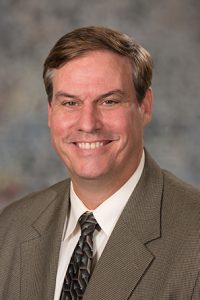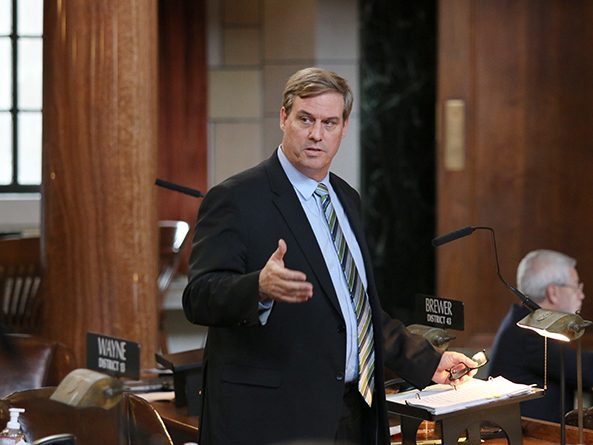Assault protection extension for health care providers advanced
Lawmakers gave first-round approval Feb. 28 to a bill that would establish enhanced assault penalties for health care providers.

Under a bill passed by the Legislature in 2011, any person who knowingly and intentionally strikes a public safety officer with a bodily fluid is guilty of a Class I misdemeanor assault, which carries a penalty of up to one year imprisonment, a $1,000 fine or both.
The charge is upgraded to a Class IIIA felony if the person committing the assault strikes a person’s eyes, mouth or skin and knows that the fluid is infected with HIV, hepatitis B or hepatitis C at the time the assault is committed.
A Class IIIA felony carries a penalty of up to three years imprisonment with 18 months of post-release supervision, a $10,000 fine or both.
People protected under the original legislation currently include law enforcement officers, correctional employees and employees of the state Department of Health and Human Services if the person committing the offense is classified as a dangerous sex offender under the Sex Offender Commitment Act.
The statute was expanded in 2014 to include firefighters and out-of-hospital emergency care providers.
LB913, introduced by Omaha Sen. Mike McDonnell, would once again expand such protections to include health care professionals who practice at hospitals or health clinics. McDonnell said paramedics, emergency medical technicians and firefighters all are currently protected, but an emergency room nurse is not.
They are all doing their jobs, he said, but the nurse is treated differently.
“When a nurse runs into a patient’s room with both hands full of tools and medicine, they’re not thinking about having to protect themselves,” McDonnell said. “Providing life-saving care in the emergency room is just as important as providing life-saving care in a medic unit.”
Ralston Sen. Merv Riepe supported the bill. He said during his time as a hospital administrator, he saw just how stressful and emotionally charged an emergency room can become.
“These individuals do need recognition and some level of protection from abusive individuals that may come through the emergency department,” said Riepe.
In raising concerns about the bill, Sen. Paul Schumacher of Columbus said the same argument could be made for teachers, lawyers in a courtroom or bankers foreclosing on a loan.
“It’s always made me uncomfortable when we have a law that treats people unequally because it starts ranking our citizens unequally,” Schumacher said. “We have those who are deserving of special rank and treatment, who a crime against gets special punishment. And then we have the rest of the people out there. Why?”
Following adoption of a technical amendment, senators advanced the bill to select file on a 33-0 vote.


